Keywords: Assembly
There are more than 24 results, only the first 24 are displayed here.
Become a subscriber for more search results.
-
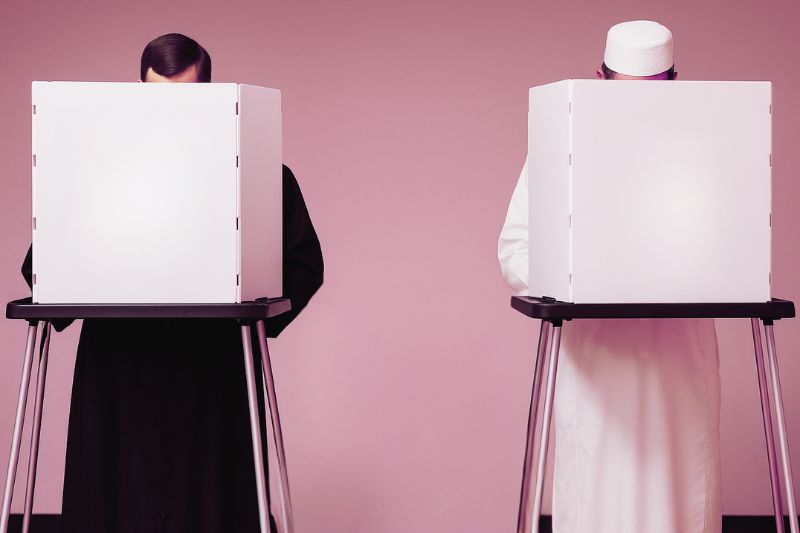
RELIGION
- John Warhurst
- 30 April 2025
Faith, once a quiet undercurrent in Australian elections, is now entangled in questions of ethnic identity, foreign policy and cultural grievance. Religion has returned to the centre of political life, only to find itself more divided, and more contested, than ever before.
READ MORE
-

INTERNATIONAL
- Anonymous
- 20 February 2025
Myanmar’s military-led turmoil drives millions from their homes, bombs local communities, and keeps democracy icon Aung San Suu Kyi behind bars. Once a nation of proud heritage and abundant resources, it now teeters on social and economic collapse. Our deep dive examines an enduring crisis and the determination powering an urgent call for change.
READ MORE
-

INTERNATIONAL
- Stephen Minas
- 10 February 2025
The launch of DeepSeek's new AI model has upended conventional wisdom about who controls the future of artificial intelligence. With its open-source nature and unprecedented affordability, it may offer the Global South a rare opportunity to become creators and beneficiaries of AI innovation.
READ MORE
-

INTERNATIONAL
- Nirmal Ghosh
- 07 February 2025
Amongst hardening borders and rising ethnonationalism globally, those who resist rigid identity labels find themselves caught between worlds — too foreign for home, too foreign for here. If identity is both fluid and contested, can belonging ever be more than a temporary state?
READ MORE 
-

AUSTRALIA
- Erica Cervini
- 25 November 2024
4 Comments
Once seen as the champions of climate action and progressive politics, the Greens are now grappling with internal chaos, falling poll numbers, and a disillusioned voter base. From controversies over identity politics to disputes about housing and Middle East policies, the party is facing a critical question: What do they stand for today?
READ MORE
-
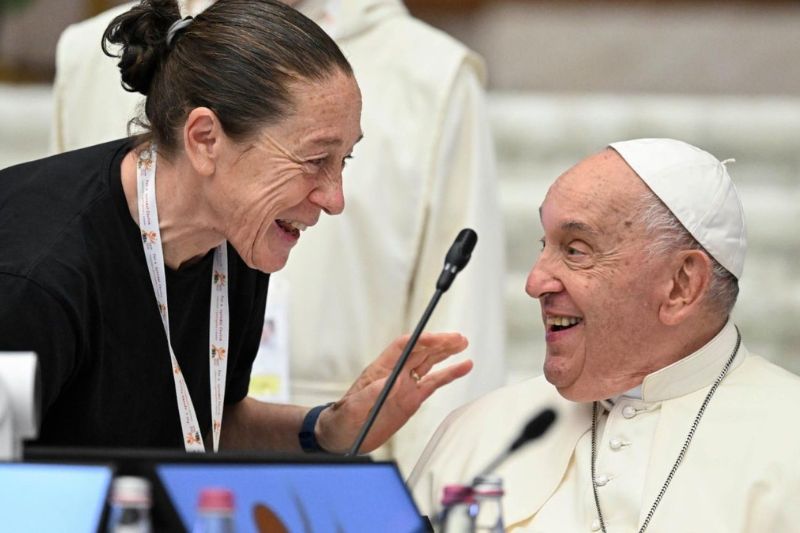
RELIGION
- Bruce Duncan
- 14 November 2024
14 Comments
The Synod is possibly the most important event in the Catholic Church since the Second Vatican Council. And despite its focus on internal Church reform and participation, can it effectively address broader social and moral issues in the world while still promoting a more inclusive and accountable Church?
READ MORE
-

INTERNATIONAL
- Ken Haley, David Halliday
- 31 October 2024
1 Comment
In the most bitter of election seasons in America, thousands of votes will be won and lost by seeking to protect the civil rights of Israelis and Palestinians alike, although any kind of lasting peace will require greater effort than any U.S. political party has yet devoted to it.
READ MORE 
-
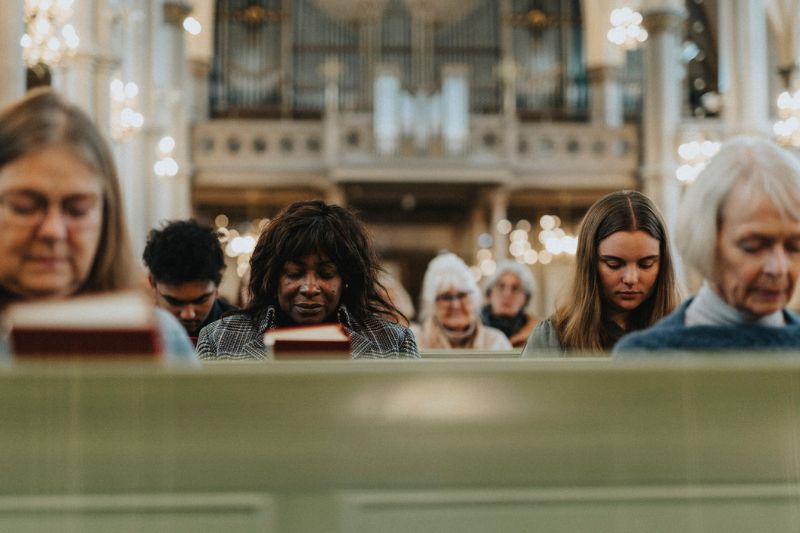
RELIGION
- Elizabeth Young
- 15 August 2024
12 Comments
Copious research has demonstrated the historical existence of women deacons, including St Phoebe, the only person in scripture with the descriptor Deacon. So how far off is Australia from ordaining women deacons?
READ MORE
-
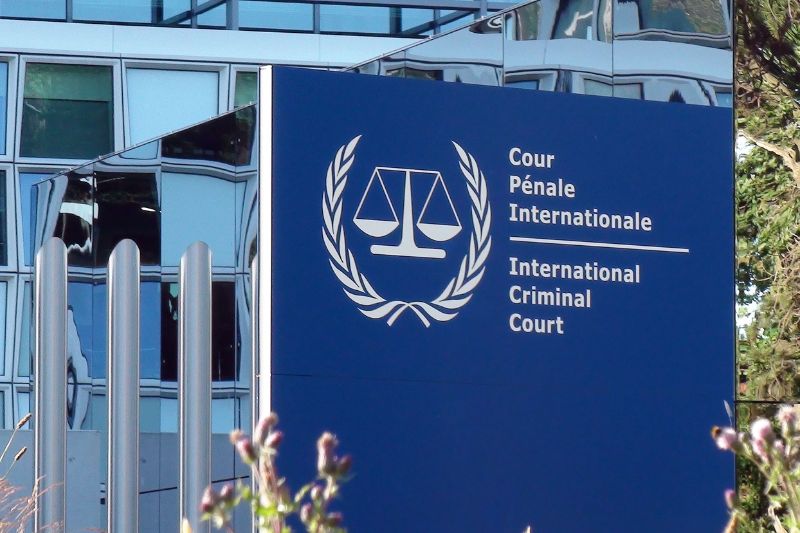
INTERNATIONAL
- Andrew Hamilton
- 08 August 2024
3 Comments
The International Court of Justice (ICJ) recently ruled that Israel’s occupation of Palestinian territories had violated international law by encouraging settlements on occupied land. While the judgment imposes legal obligations, it does not consider how they might be met.
READ MORE
-
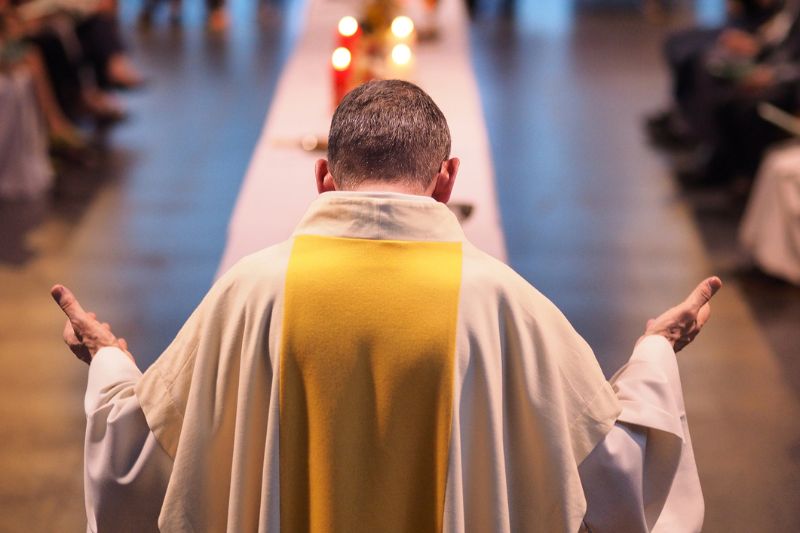
RELIGION
- John Warhurst
- 01 August 2024
14 Comments
In a troubling sign for Catholic reform in Australia, the National Council of Priests faces a dire membership crisis. Founded in 1970 to embody Vatican II's spirit, the organization now struggles to attract younger clergy. This decline mirrors broader challenges in the Church and may imperil efforts toward synodality and renewal.
READ MORE
-

AUSTRALIA
- Binoy Kampmark
- 16 July 2024
2 Comments
Senator Fatima Payman's departure from Labor over a pro-Palestine vote and the emergence of 'The Muslim Vote' have reignited debates about faith in Australian politics. While PM Albanese cautions against religious influence, his stance overlooks the nation's history of faith shaping governance, raising questions about the feasibility of separating belief from policy-making.
READ MORE
-
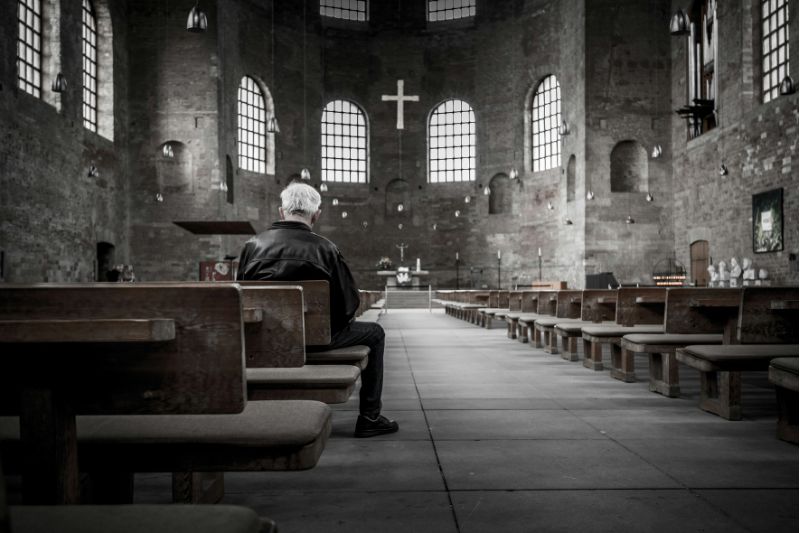
RELIGION
- John Warhurst
- 29 May 2024
29 Comments
We are now witnessing a changed dynamic within the movement for church reform. The balance within its component parts has changed towards a more pessimistic view. A minority is still hopeful; a few even remain optimistic, but most are struggling.
READ MORE